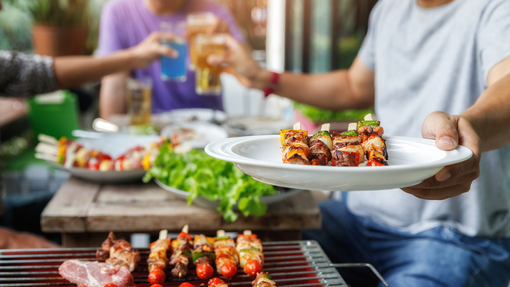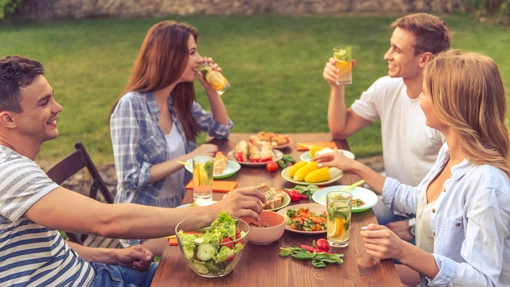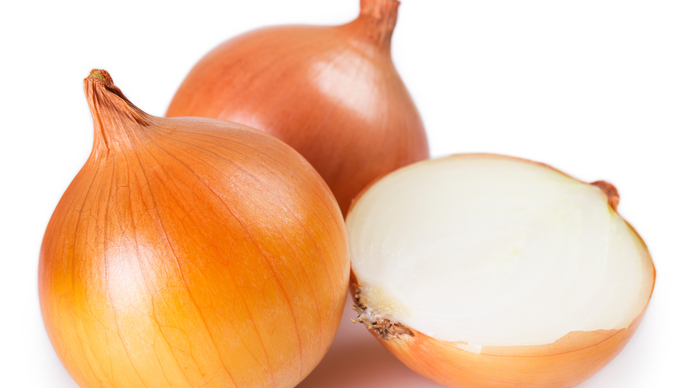Onions are a popular veg used in many savoury dishes. They are part of the allium class of the lily family along with leeks, garlic and chives and come in different shapes, sizes, flavours and colours including spring onions and red and white onions. They add a depth of flavour to recipes such as soups, stews and currys, and can also be eaten raw in salads. They are full of goodness including vitamin C and fibre.
How to store
How to store fresh onions
Only spring onions should be stored in the fridge. Brown, red and white onions are best stored in a cool, dry, dark place, ideally in a cloth bag.
Freezing onions
Onions can be frozen in a sealed bag or airtight container for up to 3 months.
Storing cooked onions
Store in an airtight container in the fridge for up to 2 days.
Onions top tips
How to freeze and defrost
To freeze: If you only need half an onion, chop up the rest and freeze to save time when you next need to cook in a hurry - they can be cooked straight from frozen.
To defrost: When you take food or drink out of the freezer, it’s important to defrost it safely. Don’t defrost at room temperature.
Use from frozen in your cooking or use a microwave on the defrost setting directly before cooking or reheating. Always check the on-pack guidance for frozen foods.
Eating the whole food
Spring onions: There’s no need to stop chopping when you get to the green bits of spring onions - the green ends of leeks and spring onions are full of flavour and perfectly edible. Use them in the same way as you would the rest of the onion.
Be fabulous with leftovers
Add leftover onion to a stock bag and freeze along with celery and carrots as a flavourful base ready for soups, stews and pasta sauces. Finely slice (or grate) raw cabbage, carrots and leftover onions and mix with mayonnaise for a quick and easy homemade coleslaw.
Buying tips
Think about buying onions loose to help you buy only what you need. This will ensure that all your food is more likely to be eaten and saved from the bin.
Think about swapping fresh onions for chopped, frozen ones (no tears!) Frozen foods last a long time in the freezer, you can use as much as you need when you need to and they can often be a cheaper option.
Buy smaller onions as they’re often cheaper and there’s less waste if you’re cooking for one person.
Perfect portions
Use our portion calculator for a quick and simple way to check how much of this food to serve at mealtimes.
Valuing your Onions beyond the price tag
Goodness in food
Your food is more than its shape, colour and price. Your food has an important role to play to help keep you healthy and with enough energy to live your life how you wish to.
- A good source of vitamin C which helps to keep your skin healthy.
- Onions also contain fibre which helps with digestion.
- A portion of onions counts towards your five-a-day.
Food story
By the time your food arrives in your home, it’s already been on quite a journey starting with how it is made or grown and how your food reaches the supermarket.
So please help our food to finish its story in the most sustainable way, ensuring the planet’s resources that’s already used are put to good use. Take care of your food when it’s in your home and ensure every edible morsel is eaten - and that your food doesn’t end up in the bin!
Why not try these delicious recipes to use up Onions
Delicious and easy recipe perfect as a starter, main or party food.
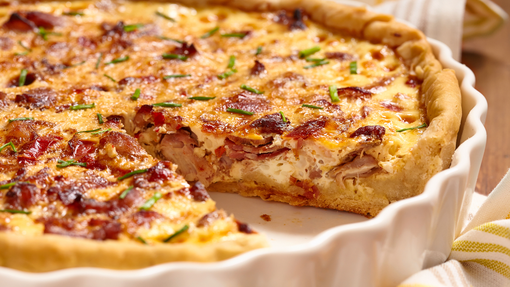
A delicious, quick and easy recipe for sea bass which is good for using up leftover single cream and lemon.
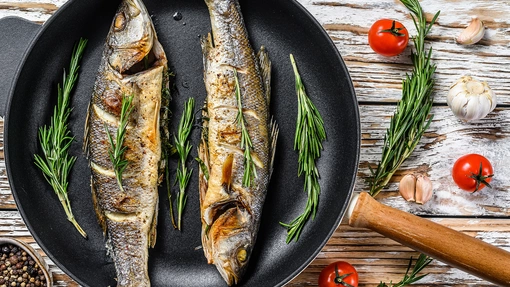
A delicious zero waste brunch, which uses the whole potato, parsnip, broccoli, spring onion and herbs (stalks, peels and all). Or swap out for any leftover veggies you have at home!



